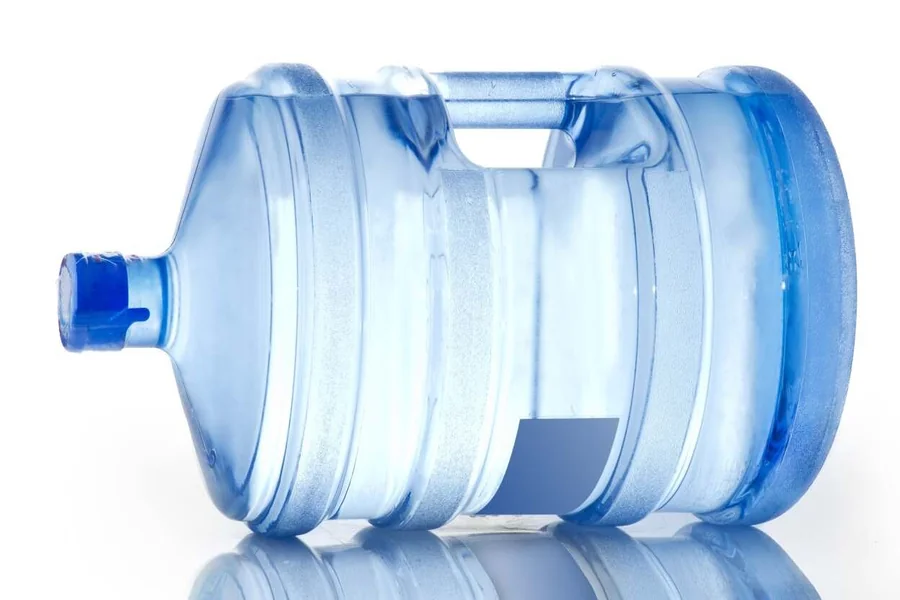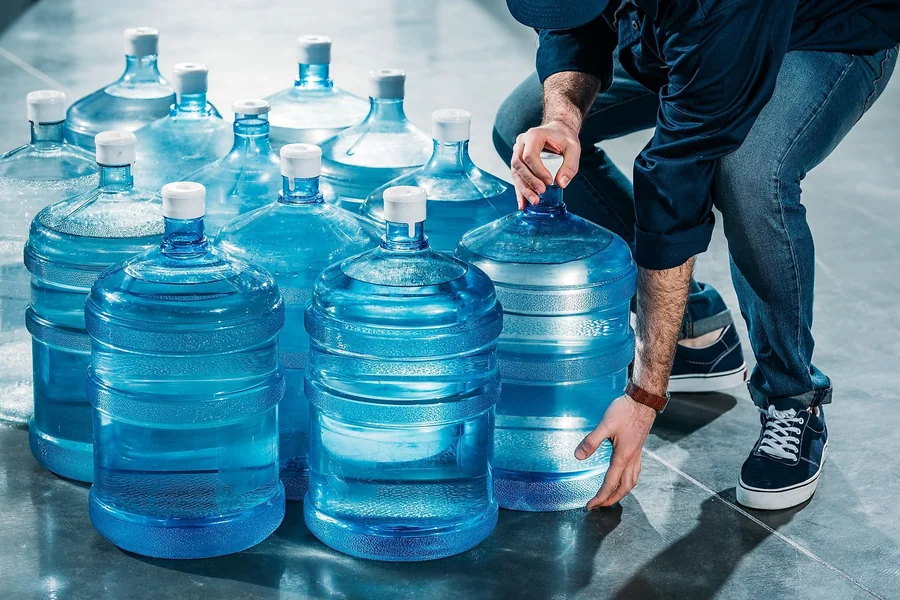Water is considered to be one of the most vital resources on planet Earth. It occupies approximately 71 percent of the earth surface. It comes in many forms. You may have been told that there is weight in water. But what will 5 gallons of water weigh? In this paper, we shall delve into the weight of five gallons of water and discuss how to compute it.
The Basics of Water Weight
Water weighs differently depending on its state. For example, ice weighs less than liquid water. However, when we talk about five gallons of water, we refer to liquid water at its standard temperature.
Water has a known density. This density is the measure of how much mass a given volume of water has. The density of water is about 8.34 pounds per gallon at room temperature. This means that every gallon of water weighs 8.34 pounds.
Five gallons of water are simply five times the weight of one gallon. So, to figure out how much five gallons of water weighs, you multiply the weight of one gallon by five. Let’s do the math.
8.34 pounds multiplied by five equals 41.7 pounds. So, five gallons of water weigh approximately 41.7 pounds.
Understanding this is important in many situations. Whether you are carrying water for a project, a garden, or just filling a large container, knowing the weight of water can help you prepare for the task ahead.

Why Is Water So Heavy?
The weight of water may be unexpected by a few. Anyway, water appears to be light and easy to move. It can be cumbersome though, when you are handling bulk. In order to come to the understanding of why water has weight, we have to consider what water is composed of.
Water is a substance consisting of hydrogen and oxygen. The molecules are tightly packed with these atoms. It is this arrangement that provides water its density. We are measuring the mass packed into some space when we are measuring the mass of water, its weight. The more the density, the more the weight of water.
One should keep in mind that the densities of other liquids such as oil or alcohol are different. As an example, oil is lighter than water and that is the reason why oil is floating on water. In that way, when we consider liquids, every one of them will possess the weight, relative to its density.
Applications of Water Weight
The awareness of the weight of water can come in handy in various fields. In case you are a house owner, you may apply this in the process of filling your swimming pool or watering your garden. When working in construction or farming, knowledge of weight of water comes in handy when it comes to tanks, pipes, and irrigation systems.
Knowing the weight of water in certain cases is important in matters of safety. In the case of transporting huge quantity of water such as in tankers, it should be known how much weight is being loaded. This assists in making sure that the vehicle is capable of supporting the load.
Consideration of weight also comes during different scientific experiments. In laboratories, the knowledge of the weight of water can help scientists to weigh liquid accurately to carry out chemical reactions. As an illustration, one of the everyday assignments in chemistry laboratories is to measure the exact volumes of water to blend with other compounds. The weight of the water has to be taken into consideration so as to ensure that the experiment succeeds.
Why Does Weight Matter?
In most activities, weight plays a very important role. It may influence our normal lives by the way we move and utilize water. Indicatively, once you purchase the bottled water you are purchasing it by weight. When you are filling a water can to go camping, the weight will have an impact on portability. One gallon of water may be self-easy to carry, but five galls are otherwise.
It can also be that when you are doing a big project or even the water is required to irrigate your farm, the weight of the water can also influence the amount of water you have to carry or store. In case you are planting a garden or having crops, the amount of water required by your crops in gallons will prove useful. However, knowing how heavy that water will be and whether you are able to move it is also of importance.
In sports, the athletes can be required to carry or transport water. An example is the bottles of water being consumed at such events as marathons or triathlons, which are usually measured in ounces or pounds. Depending on weight, an athlete can know the amount of water that he or she will need to carry to be hydrated.
The Conversion Between Gallons and Liters
At least at some locations, water is not measured in gallons but in liters. Approximately, one gallon is equivalent to 3.785 liters. E.g. in case you are measuring water by liter, you can weigh your five gallons and then you can know in liters.
In order to convert the weight, multiply the five gallons by 3.785 first. This gives you 18.925 liters. Calculation of weight in liters is done by multiplying by the density of the water. The weight of 18.925 liters of water would also be 18.925 kilograms since the weight of water per liter is about 1 kilogram per liter. This conversion may come in handy in case you are in a nation where the metric system is applied.
Read More: How Much Is 100 Kg?
The Impact of Temperature on Water Weight

You will also ask as to whether the weight of water varies according to its temperature. The answer is yes. When water heats or cools it becomes bigger and smaller. As water is heated, its density decreases. This implies that hot water has less weight of cold water. Nevertheless, it is not a radical difference.
In our day-to-day use we mostly apply the weight of water at room temperature. However, when you are working in a laboratory or handling precise measurements, you might have to consider the effects of temperatures.
Conclusion
Finally, weighing 5 gallons of water takes an approximate weight of 41.7 pounds or 18.9 kilograms. This can form an important information in situations that involve water in any situations whether in day-to-day activities, in a scientific experiment, or in the industry. Appreciation of the weight of water assists us to make appropriate decisions when dealing or carrying water.
It can help in making things easier in cases when you need to know the weight of water when filling a container to garden, the weight of a vehicle or when you need to know the liquid weight in a project. The density of water and any effects of temperature should always be taken into account so as to be precise.

